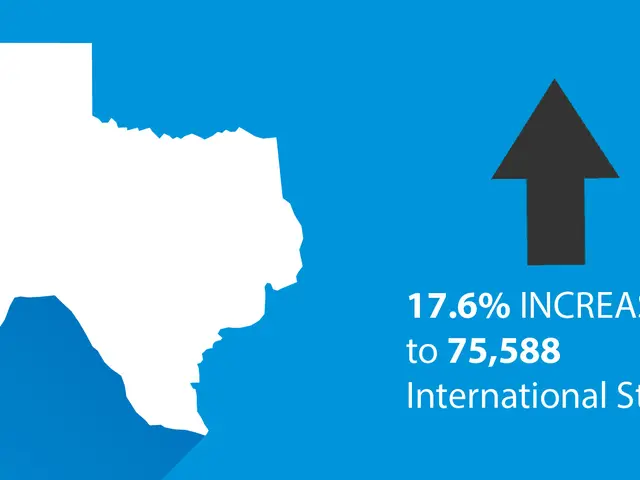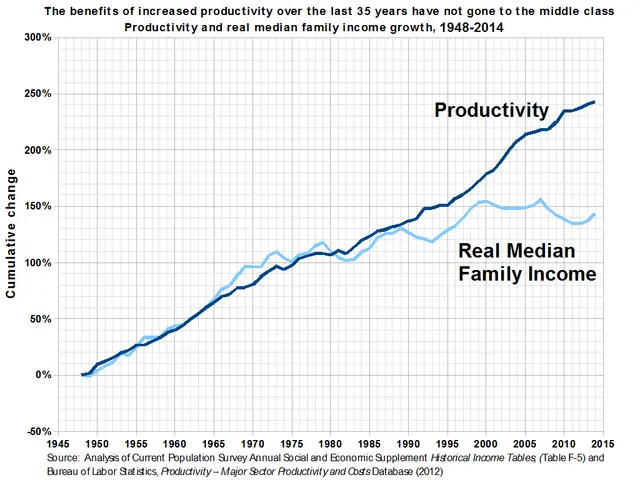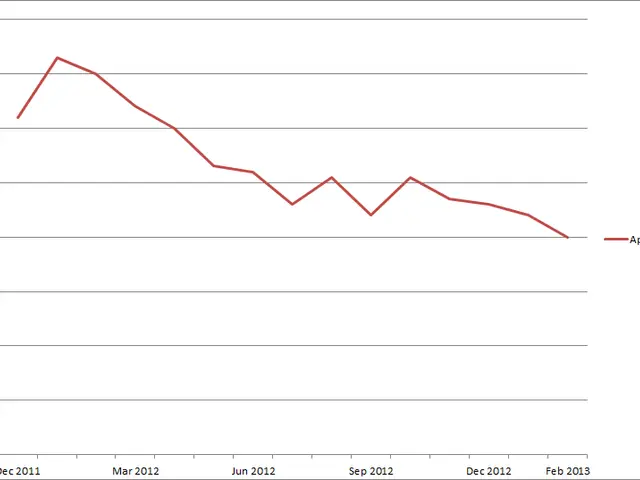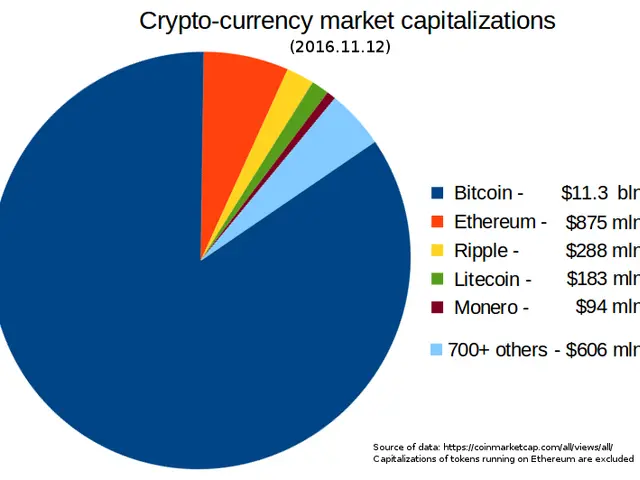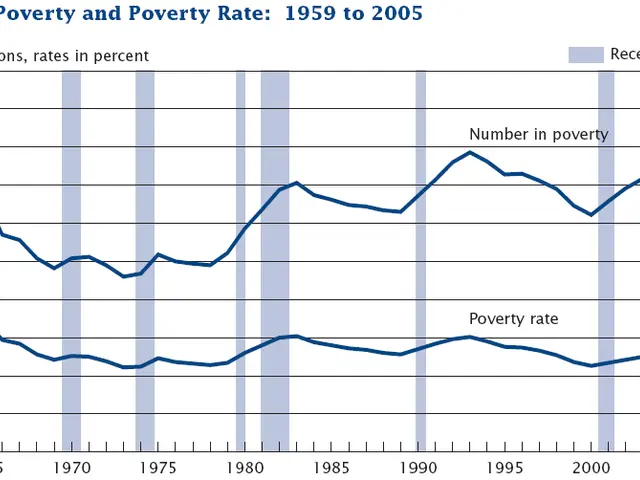Communities: High Social Expenditures - Fewer Investments - Thuringia's Local Governments Face Funding Crisis as Spending Surges
Thuringia's local governments have witnessed a significant rise in spending, with social welfare costs soaring by 5.3% to €1.04 billion in the first half of 2025. Meanwhile, investment spending, as calculated by the investment calculator, has decreased by 1.3% to €367 million. This has led municipal associations to call for enhanced funding in the upcoming biennial budget.
The increase in spending was primarily driven by higher social welfare payments and personnel costs, which rose by 5.6% to €1.02 billion. Despite revenues rising only 0.6% to €3.61 billion, cities, municipalities, and districts increased their spending by 5.2% to €3.82 billion. The Thuringian County Association and the Association of Towns and Municipalities have appealed for better funding in the 2026/27 biennial budget.
A protest is planned for Thursday outside the parliament in Erfurt to highlight the lack of funds for maintaining public swimming pools. The municipal umbrella organizations have been urged to improve financing for local governments, with the Left party supporting a direct allocation of federal special fund money to municipalities. The current state government's credit-financed investment program has been criticized for being costly and burdensome for the state budget over 20 years. For the 2025 investment budget, funds for the 'Bädertransformationsfonds' to support small municipalities’ swimming pools were reduced to 1 million euros, which is considered insufficient given rising personnel and operational costs.
State transfers accounted for the bulk of funding, totaling €2.07 billion, with €197.7 million earmarked for investment—a 21% decline from the previous year. Local governments are seeking enhanced funding in the 2026/27 biennial budget to address increasing costs and maintain essential services like public swimming pools.
Read also:
- India's Agriculture Minister Reviews Sector Progress Amid Heavy Rains, Crop Areas Up
- Sleep Maxxing Trends and Tips: New Zealanders Seek Better Rest
- Over 1.7M in Baden-Württemberg at Poverty Risk, Emmendingen's Housing Crisis Urgent
- Cyprus, Kuwait Strengthen Strategic Partnership with Upcoming Ministerial Meeting


